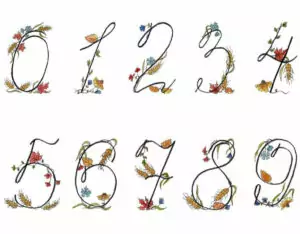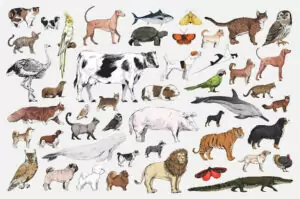The German language, with its nuanced vocabulary and grammar rules, can be a challenge for many learners. A word as simple as “little” in English can take on multiple forms in German. This article delves deep into the world of ‘little’ in German, from its translation and pronunciation to its various usages in sentences and common phrases.

✅ AI Essay Writer ✅ AI Detector ✅ Plagchecker ✅ Paraphraser
✅ Summarizer ✅ Citation Generator
The German Translation of “Little”
If you’ve ever wondered about the German translation of ‘little’, the primary word that comes to mind is “klein”. This versatile word is used in various contexts, just like its English counterpart. However, the usage of ‘little’ in German sentences can vary based on the gender of the noun it’s describing and the context in which it’s used.
One of the unique aspects of the German language is its gendered nouns. When using “klein”, it’s vital to understand the gender in German nouns for ‘little’:
- Masculine: kleiner (e.g., kleiner Mann – little man)
- Feminine: kleine (e.g., kleine Frau – little woman)
- Neuter: kleines (e.g., kleines Kind – little child)
Common Phrases with “Little” in German
Several common phrases with ‘little’ in German showcase the word’s versatility:
- “Ein kleines bisschen” – a little bit
- “Klein aber fein” – small but nice/fine
The different forms of ‘little’ in German come into play based on the case (nominative, accusative, dative, genitive) and the gender of the noun.
Synonyms and Variations
German, like any language, is rich in synonyms. If you’re looking to expand your German vocabulary for ‘little’, some synonyms include:
- “wenig” (used more like “a little amount of”)
- “gering” (minor or small in the sense of importance)
Perfecting Pronunciation
Ensuring you have the correct pronunciation of ‘little’ in German is crucial for clear communication. “Klein” is pronounced as [klaɪn]. Focusing on the ‘ai’ sound in “Klein” can aid in perfecting your pronunciation.
Examples of ‘little’ usage in German sentences can help you better understand its application:
- “Das ist ein kleines Haus.” – That is a little house.
- “Sie hat wenig Zeit.” – She has little time.
Tips and Tricks for Mastery
For those embarking on a language learning journey, here are some German language tips for ‘little’:
- Practice Makes Perfect: Regularly use “klein” and its variations in your daily conversations.
- Note Gender Differences: Remembering the gender differences can make your speech more fluent and accurate.
- Engage in Language Exercises: Participate in ‘little’ language lessons in German and other exercises to reinforce your understanding.
Conclusion
Learning ‘little’ in German made easy involves understanding its various forms, nuances, and contexts. From its gender-specific variations to its synonyms, mastering “klein” and its uses can enhance your fluency and confidence in the German language. Whether you’re looking to speak with ‘little’ proficiency or aim for complete fluency, understanding this fundamental word is a significant step in your German language journey.
FAQ
Follow us on Reddit for more insights and updates.





Comments (0)
Welcome to A*Help comments!
We’re all about debate and discussion at A*Help.
We value the diverse opinions of users, so you may find points of view that you don’t agree with. And that’s cool. However, there are certain things we’re not OK with: attempts to manipulate our data in any way, for example, or the posting of discriminative, offensive, hateful, or disparaging material.